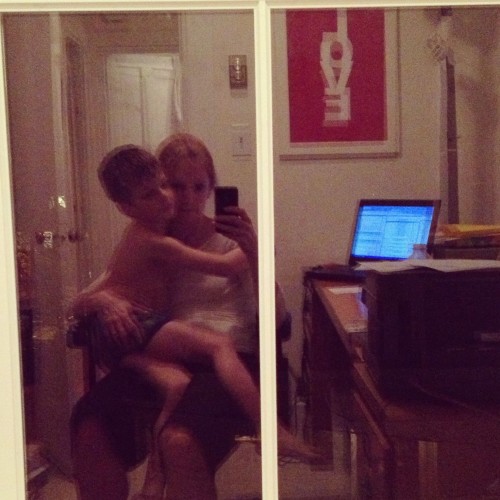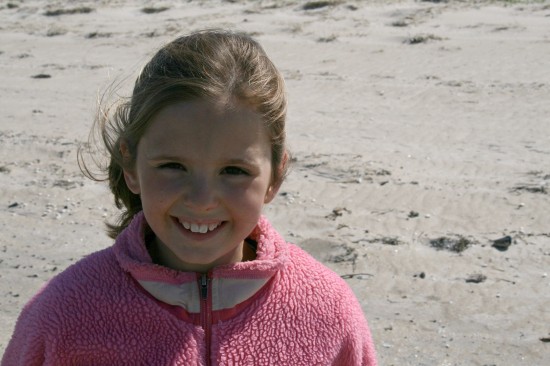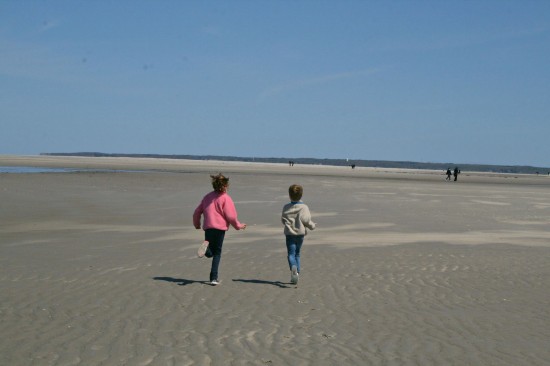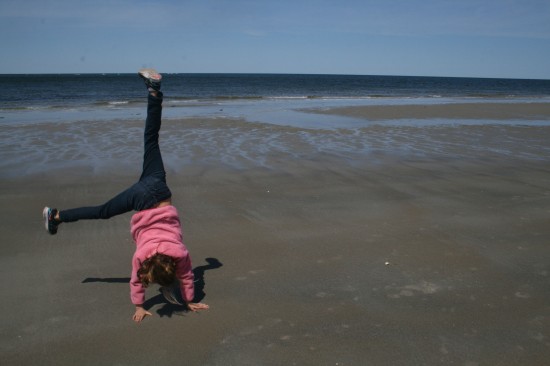
From a more placid moment last week
I recognize that things are moving fast most of the time in our family, and that I have a lot of things I’m trying to do, but most of the time it feels like it hangs together. Usually we even fit in time for some quiet reading and a walk around the block and a few minutes of downtime. That and hundreds of emails and writing and running and packing lunches and laundry and cooking and … well, writing that makes me tired. Still, most days, my life – and that of my family – works.
Except when it doesn’t.
Last Monday was one of those days. I had forgotten that Whit had hockey even though it was a holiday, so at the last minute I had to move my mother’s planned dinner-at-home visit to late afternoon. We were running late for hockey, and I was snappy and frustrated. By the time I got Grace and Whit into the car, hockey pads mostly (but not all) on, and headed in the light snow to pick up Whit’s teammate for practice, I was on the verge of tears.
It can turn so fast, can’t it? Just the night before we had had a wonderful celebration of Whit, dinner at his favorite restaurant, a homemade cake (triple chocolate, which had required my going to three stores to get the ingredients) and presents. I’d sat at our dining room table, watching the faces of my family in the flicker of candlelight, feeling calm, grateful. My boy was eight.
But now I stood by the side of the hockey rink, fighting tears. It was freezing, and in my rush I hadn’t brought a hat or gloves. I jammed my hands into the pockets of my down coat and pressed my forehead against the cold plexiglass between the rink and me. I watched Whit skate, feeling my breath coming fast and a tightness in my chest: I am trying to do so much all at once. Because of this, I do everything badly. I am just so tired.
I drew a ragged breath and fought to control the tide of sorrow that rose inside me. Suddenly I heard Billy Joel in my head: this is the time to remember, ’cause it will not last forever… I shook my head, new emotion churning around the self-pity. I felt both chastened and annoyed; I was reminded of my own desperate wish to be here now and of the simultaneous weight of my expectation that I can do so all the time. Is my constant sense of failing to be present getting in the way of my actually being present?
I don’t know. I don’t think so, because I know I was far less here before I started thinking about this. But it certainly makes me excruciatingly aware of all the ways and times that I fall short of the engagement in my life I so badly want.
I looked at Whit, his little figure blurred by my tears. I want so fiercely to fully live these years, to pay attention, not to miss a thing. But still, so often, I fail. I allow my own exhaustion or aggravation to occlude the beauty of this ordinary, flawed existence. It makes me weep to think of all that I have already missed. I don’t even want to blink, for fear of missing anything else.
For the rest of the night, all I could hear was this:
This are the time to remember
Cause it will not last forever.
These are the days to hold onto
Cause we won’t although we’ll want to.
This is the time, but time is going to change.



